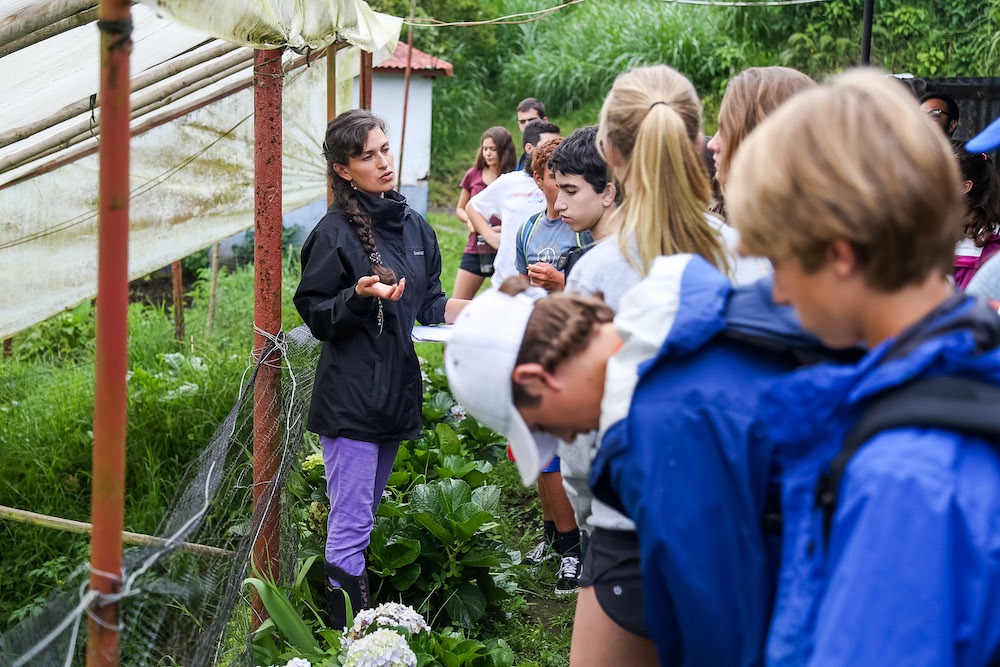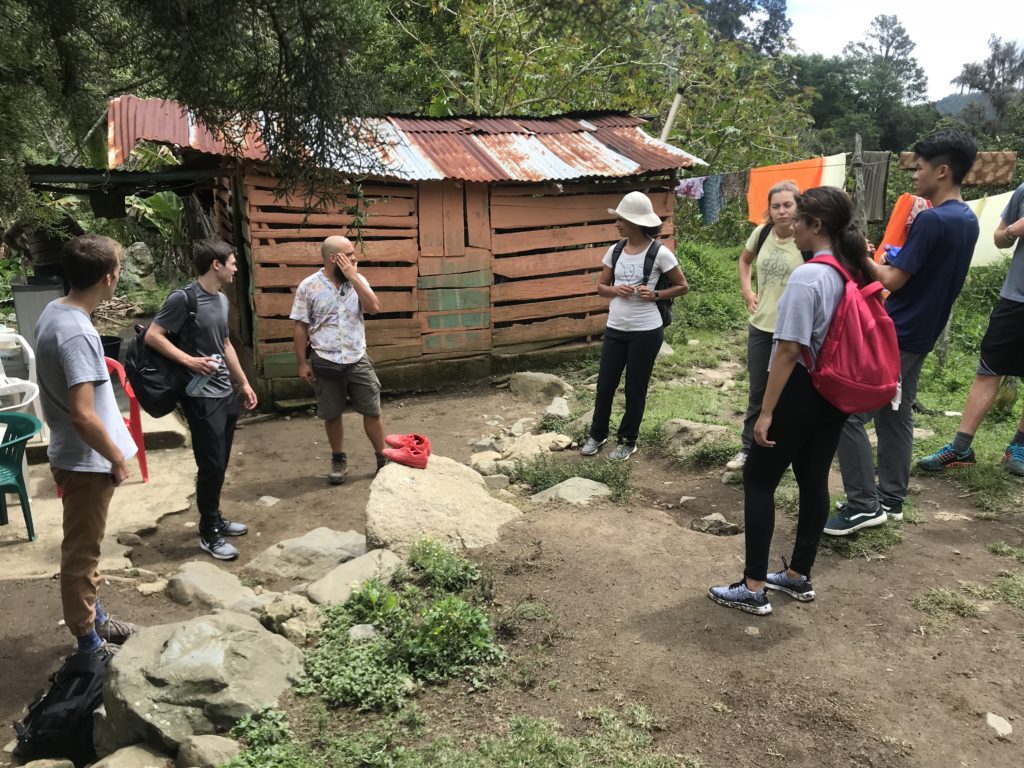When students think about the educational experiences that resonate with them most, from their undergraduate or high school careers, there are often key moments, projects, or classes that really stand out. These may include things like the creation of a learning community, collaboration on a project, or civic and community engagement that gets students out of the classroom and engaged with the real world. In the world of higher education, these kinds of experiences are known as High Impact Practices (HIPs) – practices in teaching and learning that have been systematically shown to have a more beneficial impact on student outcomes than the typical lecture and classroom experience.
According to the American Association of Colleges and Universities, these practices are:
– First Year Seminars
– Common Intellectual Experiences
– Learning Communities
– Writing-Intensive Courses
– Collaborative Assignments and Projects
– Undergraduate Research
– Diversity/Global Learning
– ePortfolios
– Service Learning, Community-Based Learning
– Internships
– Capstone and Course Projects
The literature on HIPs emphasizes the need for these practices to be approached by institutions of higher education in a thorough and systematic approach across a students’ undergraduate careers. While it would be impossible to fully realize these HIPs into a single freshman semester abroad, Verto Education is proud to base these principles at the center of our program design in the following ways:
Small class sizes
Keeping our class size capped at 20 allows students to engage with faculty and program staff on a daily basis, an important component of First Year Seminars and Learning Communities. Building close relationships with faculty gives students confidence to take ownership of their own education and to advocate for their educational needs in the college setting. Being in this community allows students to develop intellectual and practical competencies in a brave space.
Inquiry-based curriculum
Verto’s courses are all designed around the exploration of an essential question, allowing students to interrogate some of the key issues facing society such as global interdependence, environmental sustainability, and issues of culture, race, and identity. Verto safeguards the pursuit of specific institutional learning objectives that map to the Core Curriculum requirements at our partner universities, while framing each course around questions as opposed to answers. This allows for the pursuit of HIPs such as Common Intellectual Experiences, Global Learning and Undergraduate Research in ways that invites students to contribute to knowledge rather than merely reproducing it.
Experiential Fieldwork
Every single Verto course involves time spent in the field. We prioritize Community Based Learning because we know that learning comes alive when students are able to pair theoretical concepts with their real-world applications.
By placing students in communities to engage in educational exchanges with local people, Verto prepares students to engage in Undergraduate Research, where they are involved in actively developing and refining research questions, empirical observations, and comparing them with the literature from their coursework. As above, one of the key outcomes here is for students to actively feel like they are capable of contributing to their own (and others) knowledge on a particular subject, rather than merely reproducing the work of others.
Creative Assessment Methods
All Verto students are required to complete a cross-disciplinary Capstone Project at the end of their course, which serves as a culminating experience for their semester abroad and asks them to apply what they’ve learned both personally and through the content of their courses. Students spend one week in a retreat setting working on a multi-media presentation that reflects their own learning across the course. Not only does this help students develop important skills in terms of information synthesis, storytelling, and presentation; it also provides an opportunity for the students to take a step back and process the experiences from the semester in a structured, methodical way, allowing for meaning to be drawn and connections to be made between and across and experiences.
While each student creates their own Capstone Project, many Verto courses also include components of Collaborative Assignments and Projects where students are challenged to work together as part of a team to solve a particular problem or engage in a particular piece of fieldwork. The teamwork involved in such projects, where students must learn to listen to the insights of others, make cases for their own positions, and find consensus for a particular course of action, are all essential parts of preparing students to apply their undergraduate learning to the workplace.
A Focus on Writing
Students need to arrive on campus ready to write at the college level, and in many cases High School is not adequately preparing them for this. All Verto programs include a course in Rhetoric and Composition, with a designated writing instructor to provide feedback and familiarize students with the process of drafting, revising, and refining writing samples based on different outcomes. The Writing-Intensive course is written into the curriculum for each of the more content-heavy courses, so that students use content from their field experience and academic seminars as the material for the writing course.
Studying abroad opens students’ eyes. Service learning actively involves students in addressing important issues. Courses developed around cutting-edge questions facing the world today helps students find relevance in their learning. Through the incorporation of HIPs into program design, Verto Education seeks to move beyond any one of these individual benefits in isolation and create truly transformational programs for students at the start of their undergraduate careers.



